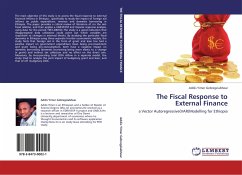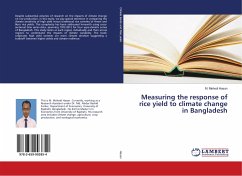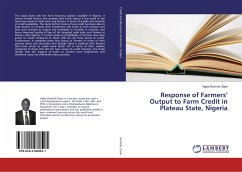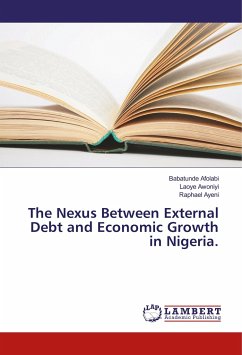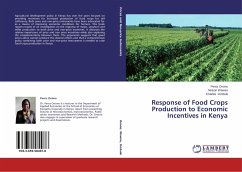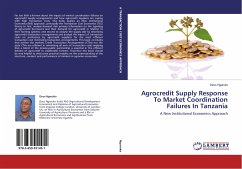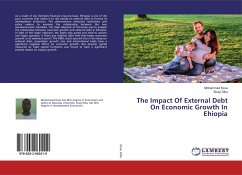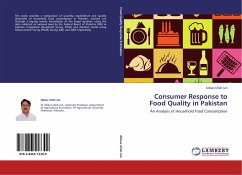The main objective of this study is to access the fiscal response to external financial inflows in Ethiopia , specifically to study the impact of foreign aid inflows on public expenditure, revenue and domestic borrowing in Ethiopia. The paper provides a critical review of literature of on the aid-fiscal relation, and then applies a VAR/VECM and impulse response analysis, using data for the period 1961-2007GC.The study is a good indication that disaggregated data utilization could point out which variables are responsive to changes in external shocks. By studying the particular fiscal dynamics in Ethiopia using three separate frontier econometric models, the study finds that foreign aid in the form of grant and loan has had a positive impact on government expenditure (loan being pro-investment and grant being pro-consumption), both have a negative impact on domestic borrowing (domestic borrowing being more elastic to a change in grant) and indirect tax collection and no effect on the direct one. Moreover, by incorporating total ODA inflow in a separate model, the study tried to analyze the joint impact of budgetary grant and loan, and that of off -budgetary ODA.
Bitte wählen Sie Ihr Anliegen aus.
Rechnungen
Retourenschein anfordern
Bestellstatus
Storno

